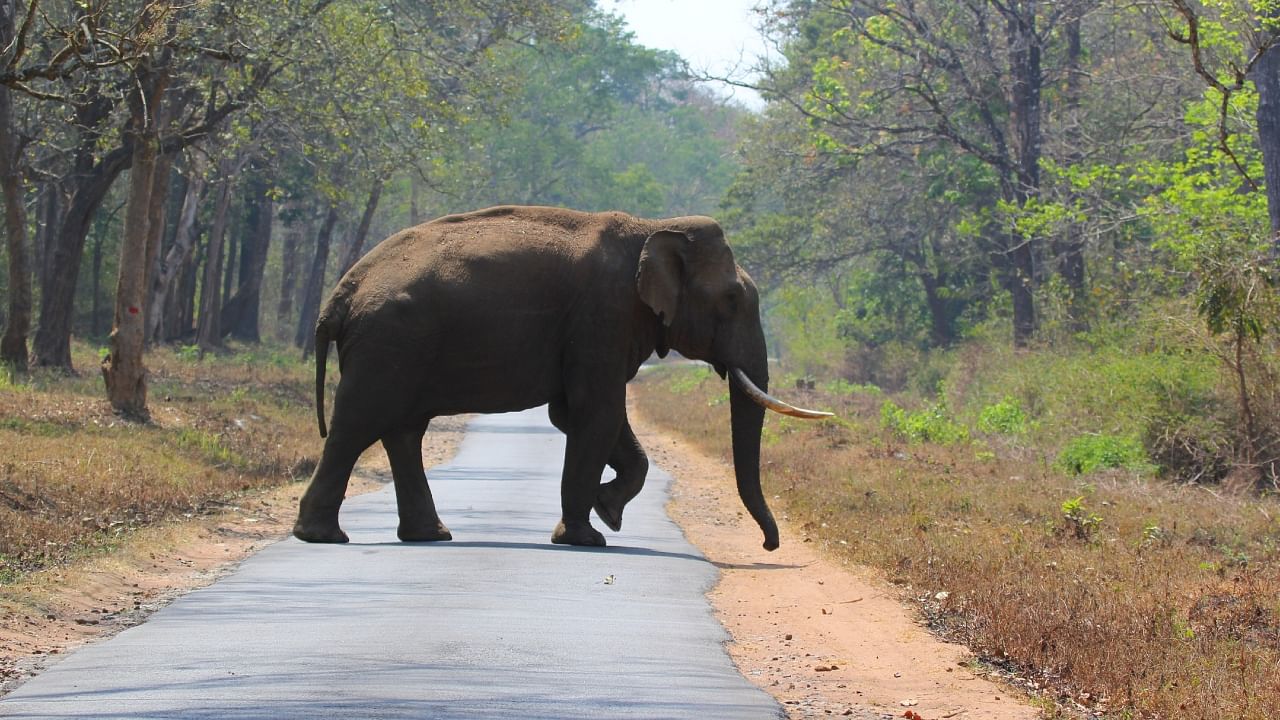
A row over a rogue elephant at Chinnakanal in Idukki district has put the Kerala government in a catch-22 situation.
Though the Kerala High Court last week ordered that the wild elephant that has been causing destruction in human settlements in the Chinnakanal region of Idukki shall be shifted to Parambikulam forests in Palakkad district, considering the stiff resistance and plight of the people of Parambikulam the court has now asked the government to suggest another location in a week. The court also stressed the need to look into the reasons why wild elephants enter human settlements in search of food.
Sources said that Chief Minister Pinarayi Vijayan held discussions with Forest Minister A K Saseendran in this regard. The state government could not ignore the concerns of the people of both the Chinnakanal and Parambikulam regions. A similar protest might spring if another location is suggested.
Read | Kerala High Court likely to hear plea for review on order to move rice-eating tusker on April 12
The wild elephant that has put the government in a fix is popularly known as 'Arikomban' ('Ari' meaning rice in Malayalam and 'Komaban' meaning tusker) as it often took away rice from human settlements of Chinnakanal and even claimed several lives over the years. It was following strong demand by the local people that the HC ordered the translocation of the elephant, even while denying permission to capture and tame it. An expert committee appointed by the court suggested that the elephant shall be shifted to the Parambikulam forest area.
But the people of Parambikulam are up in arms against the court order. CPM MLA K Babu, who represents the region, moved a review petition at the HC. He cited that the Parambikulam region was more populated than the Chinnakanal region and had around ten tribal colonies.
The HC maintained that there would not be any change in the decision to translocate 'Arikomban' from Chinnakanal and asked the government to suggest another location for translocating it. The court also asked why no efforts were made to identify the reasons why wild elephants enter human settlements.
Animal rights activists had been alleging that unscientific plantations near forest areas, illegal activities related to tourism and quarrying in forest areas and allotting land to landless tribal in forest areas including elephant corridors were the reasons why wild elephants as well as other wild animals enter human settlements.
Another petition seeking a directive to release two other wild elephants and five tigers that were recently captured by the state forest departments is also under the court's consideration. Animal rights activist Angels Nair had moved the court in this regard.